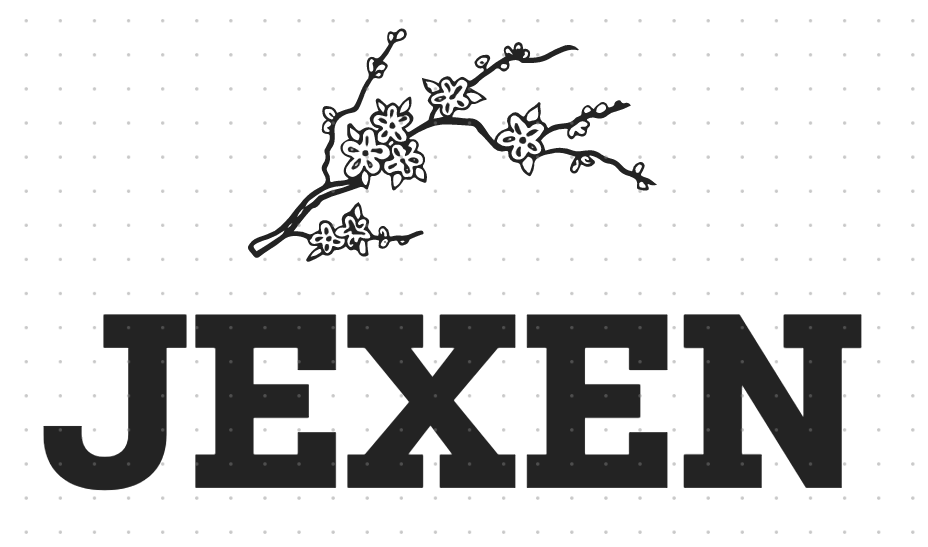Entering a new market, especially one as complex and unique as Japan, may seem daunting for a construction material company. However, with the right strategy and understanding of the local market, it can be an exciting opportunity for growth and expansion. The Japanese construction industry is one of the largest in the world, with a value of approximately $742 billion. Here are some strategies a construction materials company can use to successfully enter the Japanese market.
Understanding the Market Dynamics
The first step in penetrating the Japanese market is understanding its dynamics. The construction industry in Japan is driven by the need for disaster-resistant structures due to the country’s vulnerability to natural disasters. Therefore, construction materials that are durable and resistant to earthquakes and typhoons have high demand. Additionally, with the increasing aging population, there’s a rising demand for renovation and remodeling of existing structures to make them more accessible and safe for senior citizens.
Building Relationships
In Japan, building relationships is key to success. Japanese business culture values trust, loyalty, and long-term relationships. Therefore, it is crucial to invest time and effort in building relationships with local businesses, suppliers, and customers. This could be achieved through regular face-to-face meetings, attending industry events, and maintaining a consistent presence in the market.
Local Partnerships and Alliances
Forming alliances or partnerships with local companies can be an effective way to enter the Japanese market. A local partner can provide valuable insights about the market, help navigate the complex regulatory environment, and assist in building relationships with key stakeholders. Furthermore, a local partner can also provide a certain level of credibility and legitimacy to a foreign company in the eyes of Japanese customers.
Understanding Legal and Regulatory Environment
Japan has strict regulations and standards for construction materials to ensure safety and quality. Therefore, it is important to thoroughly understand these regulations and ensure your products meet them. You may need to adapt your products or processes to comply with Japanese standards.
Marketing and Branding
Japanese consumers value quality, safety, and sustainability. Therefore, your marketing and branding strategy should highlight these aspects of your products. Moreover, it is also important to adapt your marketing messages to resonate with Japanese culture and sensibilities.
Customer Service
Japanese customers have high expectations for customer service. They value prompt and efficient service, thorough product knowledge, and courteous behavior. Therefore, it is crucial to provide excellent customer service to win and retain customers in Japan.


